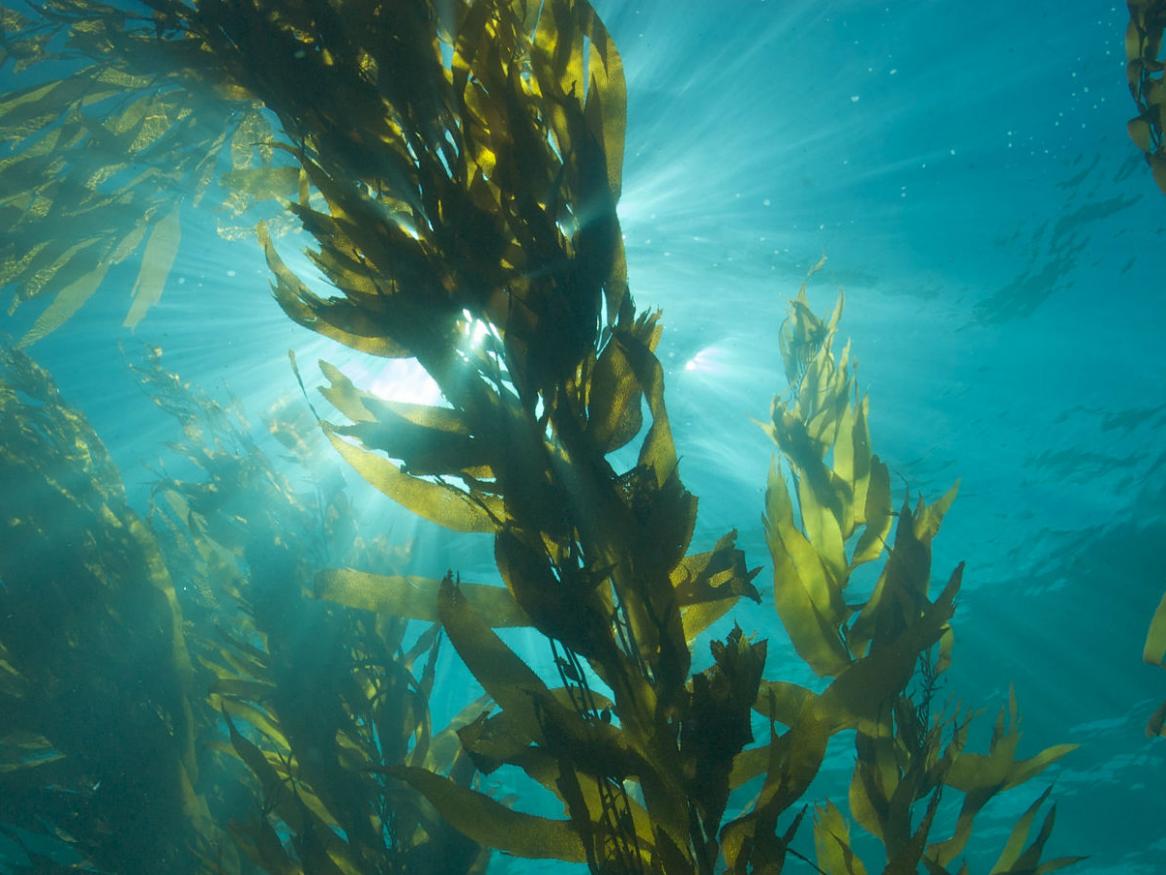News: School of Biological Sciences
Scientists discover enzyme structure: potential to manipulate wine acidity

Scientists have uncovered the structure of a grape enzyme that could lead to the manipulation of wine acidity without the costly addition of tartaric acid.
[Read more about Scientists discover enzyme structure: potential to manipulate wine acidity]
Biodiverse soil dust linked to reduced anxiety

Growing evidence links natural green space exposure with a range of health benefits, including for mental health.
[Read more about Biodiverse soil dust linked to reduced anxiety]
Gene scans provide deep insights into plant evolution

The availability of high-quality plant genome sequences and advances in functional genomics is revolutionising our ability to understand plant evolution.
[Read more about Gene scans provide deep insights into plant evolution ]
Urban rewilding paper wins Bradshaw Medal

A research paper that recommends increasing urban green spaces to prevent human disease, has won a significant award in its field.
Marine biologists provide deep thoughts on kelp forests

Australian and New Zealand researchers have joined forces to document their view of kelp forests.
[Read more about Marine biologists provide deep thoughts on kelp forests]
Trapping atoms to protect Australia’s groundwater

A unique new facility at the University of Adelaide will help protect Australia’s precious groundwater from overuse and contamination.
[Read more about Trapping atoms to protect Australia’s groundwater]
New PhD opportunities in environmental remote sensing

New environmental remote sensing PhD opportunities are available working with researchers from our School of Biological Sciences and the CSIRO.
[Read more about New PhD opportunities in environmental remote sensing]
Deep breath: this sea snake gathers oxygen through its forehead

Only fish have gills, right? Wrong. Scientists have found a snake that can breathe through the top of its own head.
[Read more about Deep breath: this sea snake gathers oxygen through its forehead]
Why are fossils more often male?

University of Adelaide researchers have discovered that fossil and museum collections around the world are home to more male than female mammals.

